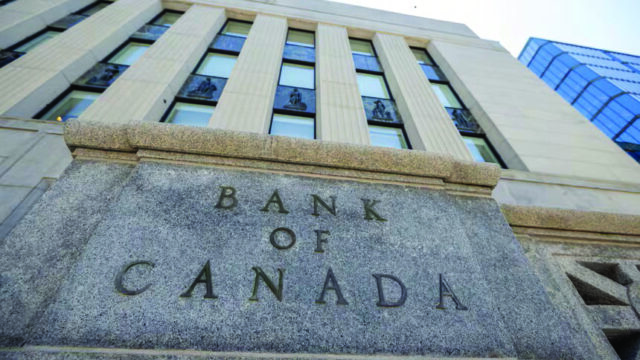By Jenna Benchetrit, CBC News
The Bank of Canada lowered its key interest rates to 2.25 per cent on Wednesday, continuing a rate-cutting cycle that began in June 2024. Ahead of this latest change, CBC News spoke with economists, mortgage experts and financial planners who explained how interest rates work and what they watch for with every Bank of Canada announcement.
Here’s what lower interest rates mean for you, small businesses and the Canadian economy.
What are interest rates, anyway?
Interest is what consumers or institutions pay to borrow money. It’s also what a bank might pay a client for leaving money in their account. When you take out a loan, “you’ll be given the cash and you will need to repay a little bit of that loan over time,” said Andrew DiCapua, principal economist at the Canadian Chamber of Commerce in Ottawa.
“Some of what that repayment includes is interest.”
Commercial banks like RBC, Scotiabank, TD Bank, CIBC and BMO use “prime rates,” which are their starting rates to charge consumers who borrow money. That rate is usually combined with a percentage that is calculated based on a person’s creditworthiness.
Under Article IV of the IMF’s charter, member countries undergo an annual macroeconomic assessment. The findings are presented to the IMF Executive Board and later published on the lender’s website. Often referred to as an “economic audit,” the review can influence foreign investment decisions and broader economic policy. Bangladesh’s last Article IV review was conducted in early 2023.
Following the opening meeting, IMF officials held daylong discussions with representatives from the Finance Division, Bangladesh Bank, and Financial Institutions Division.
Ministry sources said the talks focused on the implementation of programme conditions through June. It was noted that revenue collection and Annual Development Programme (ADP) execution fell short of targets, which officials attributed in part to the prevailing political climate.
The IMF also sought forward-looking projections for budget performance, revenue collection, and ADP execution for the first half of the current fiscal year, and discussed strategies for internal and external borrowing.
A senior finance ministry official said the IMF did not raise questions yesterday about the Pay Commission formed by the government for public sector employees, which is expected to submit its report by December. Partial implementation of its recommendations is under consideration, though officials noted that adopting them could place additional pressure on the budget amid current revenue constraints.
Banking sector reforms were also on the agenda. The IMF inquired about the status of five proposed bank mergers. The finance ministry confirmed that the Advisory Council has approved the proposals and that the paperwork to obtain licences from Bangladesh Bank is underway.
Negotiations regarding the tranche release will continue until October 13.
Source: cbc.ca/news/business
6.7
C
Vancouver
Wednesday, November 5, 2025




























